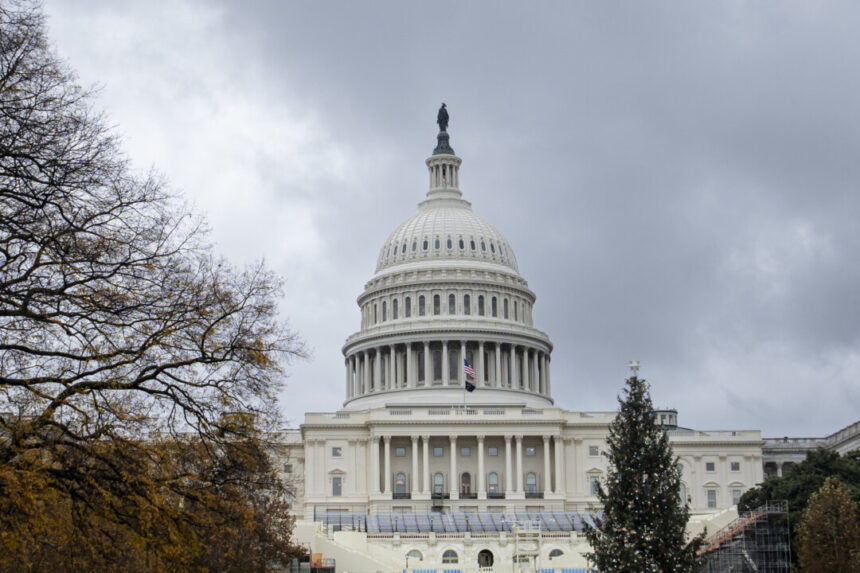The bill mandating colleges and universities to report hazing as a criminal offense is on the verge of becoming law after years of unsuccessful efforts. Known as the Stop Campus Hazing Act, this bipartisan legislation has successfully passed through the House and gained unanimous approval in the Senate, awaiting President Joe Biden’s signature to finalize the process.
Once enacted, the law will require educational institutions to document all hazing incidents in their annual crime report submitted to the federal government. Additionally, these establishments must establish educational programs to enlighten students about the risks and repercussions of hazing.
A significant aspect of the bill is the transparency clause, which necessitates schools to disclose on their websites the names of on-campus organizations with a history of hazing incidents. This provision will provide college students and families with unprecedented access to detailed information about hazing occurrences within their campuses.
Representative Lucy McBath (D-Ga.), a co-sponsor of the House version of the bill, emphasized the importance of empowering students and families with crucial information that could potentially save lives.
Tragically, at least one hazing-related fatality has been recorded on American college campuses annually from 1959 to 2021, highlighting the urgent need for legislative action. The bill’s passage in the Senate signifies progress in preventing further tragedies like the case of Tucker Hipps, a Clemson University student who lost his life in a suspected hazing incident.
The families of hazing victims, including Julie and Gary DeVercelly, have expressed their support for the bill, advocating for campus hazing reform to prevent similar tragedies from occurring in the future.
Various Greek life organizations, such as the National Panhellenic Conference (NPC) and the North American Interfraternity Conference (NIC), have also endorsed the legislation, committing to increased transparency and accountability within their organizations.
While the Stop Campus Hazing Act represents a significant milestone in combating hazing at the federal level, previous attempts like the Report and Educate About Campus Hazing (REACH) Act have failed to gain traction. Nonetheless, the support and endorsement of key stakeholders indicate a collective effort to address the issue of hazing on college campuses comprehensively.
Despite existing anti-hazing laws in 44 states and the District of Columbia, disparities in the enforcement and scope of these laws underscore the necessity of a unified federal approach to combat hazing effectively.
In conclusion, the imminent enactment of the Stop Campus Hazing Act signifies a crucial step towards enhancing campus safety and preventing future hazing incidents. The collaboration between lawmakers, advocacy organizations, and affected families underscores a shared commitment to eradicating hazing from educational institutions. Please rewrite this sentence.
Source link




